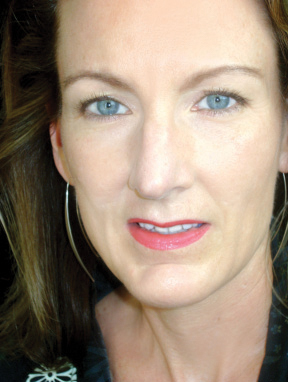What Now?

SUSPENDED, ANIMATION -- The senior member of the FCC and its chairman announced their departures within three days of one another. In between, the broadcast lobby fired off its point-by-point objections to proposed modifications for calculating a TV station’s reach. The nexus here is the historic TV spectrum incentive auction planned for June of next year.
Robert McDowell, appointed to the commission in 2006, was independent, outspoken and on the ball. He made himself available to reporters and gave candid, rather than canned, responses. It was McDowell who suggested the incentive auction Notice of Proposed Rulemaking might need more than one round of comments and replies, considering its unprecedented nature.
Then we have Chairman Julius Genachowski, a man whose sincere devotion to the development of broadband I do not doubt. It was his approach I questioned. The foundation of it was the assumption that broadcasting had no value, which in turn justified forced obsolescence. Genachowski’s 2010 National Broadband Plan was a manifesto of market speak designed to put TV spectrum in the hands of wireless providers, who systematically saturated the press with dire warnings of a spectrum shortage even as they sat on hundreds of MHz of undeveloped frequencies. Even during his departure address, Genachowski maintained his typical talking-point posture of “unleashing spectrum” for the greater good of all Americans, rather than owning up to the fact that the whole play is for venture capitalists and speculators, not ordinary Americans.
Broadcast TV could have become a premiere 21st century service, reaching all devices everywhere, had the industry cooperated 10 years ago on a more visionary, accommodating standard. But that didn’t happen, and free TV service will one day be a thing of the past. The poor and those who simply don’t want to give a wireless carrier $250 a month will live in a different country than those who do.
That’s quite a legacy.
Get the TV Tech Newsletter
The professional video industry's #1 source for news, trends and product and tech information. Sign up below.
